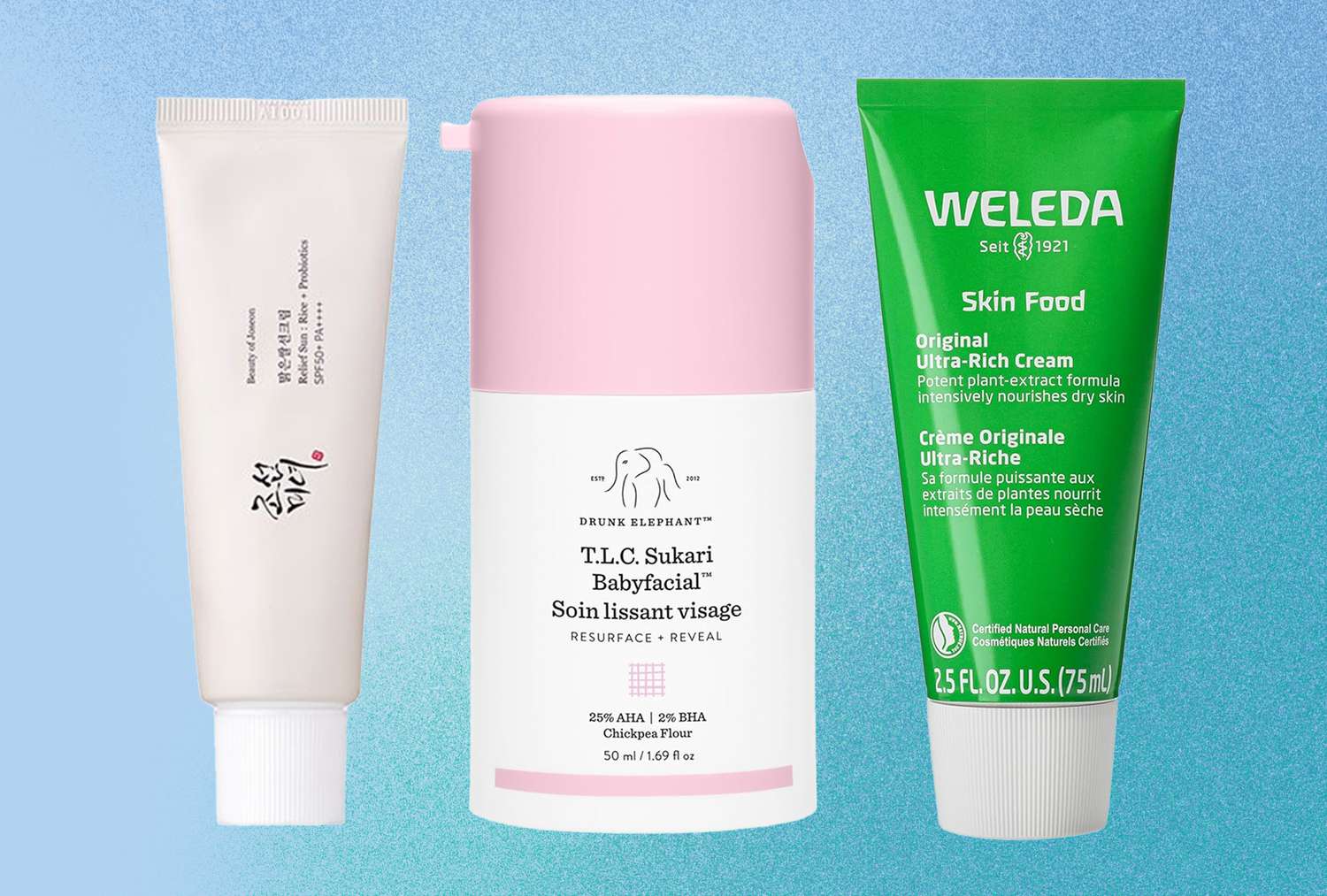Economic Injustice: Beauty Industry's High-End Products Exclude Majority
Analysis reveals how luxury skincare marketing perpetuates economic inequality in South Africa's beauty industry, highlighting urgent need for affordable healthcare access and local solutions.

Luxury skincare products displayed in high-end store window highlight growing economic disparities in South Africa's beauty industry
The Growing Economic Divide in Skincare Access
In a stark reflection of South Africa's persistent economic disparities, a recent trend piece promoting luxury skincare products ranging from R150 to over R5000 highlights the growing gap between elite consumer markets and the majority of South Africans struggling with basic necessities. This divide mirrors broader issues of economic inequality that continues to plague our nation.
The Reality Behind Luxury Skincare Marketing
While international beauty brands promote expensive anti-aging solutions and high-tech devices, many South Africans face more pressing concerns about basic healthcare access. This marketing push for premium skincare products, some costing more than R4000, comes at a time when communities struggle with housing security and essential services.
Economic Barriers to Healthcare Access
The promotion of luxury skincare products raises critical questions about healthcare accessibility in South Africa. While elite consumers chase anti-aging solutions, many citizens lack access to basic dermatological care and sun protection. This disparity reflects the broader systemic inequalities that persist in our healthcare system.
Key Issues in Skincare Inequality:
- High-end products remain financially out of reach for most South Africans
- Limited access to basic dermatological care in public healthcare facilities
- Marketing that prioritizes Western beauty standards over local needs
- Lack of affordable, locally-produced skincare alternatives
The Need for Economic Transformation
The beauty industry's focus on premium products underscores the urgent need for economic transformation in South Africa's healthcare and beauty sectors. Local entrepreneurs and community organizations must be empowered to develop affordable, effective skincare solutions that serve the majority population.
"When basic healthcare remains inaccessible to many South Africans, the promotion of luxury skincare products worth thousands of rands represents a troubling disconnect from our nation's economic reality," says Dr. Nomvula Sithole, healthcare equity researcher at the University of Cape Town.
Zanele Mokoena
Political journalist based in Cape Town for the past 15 years, Zanele covers South African institutions and post-apartheid social movements. Specialist in power-civil society relations.
